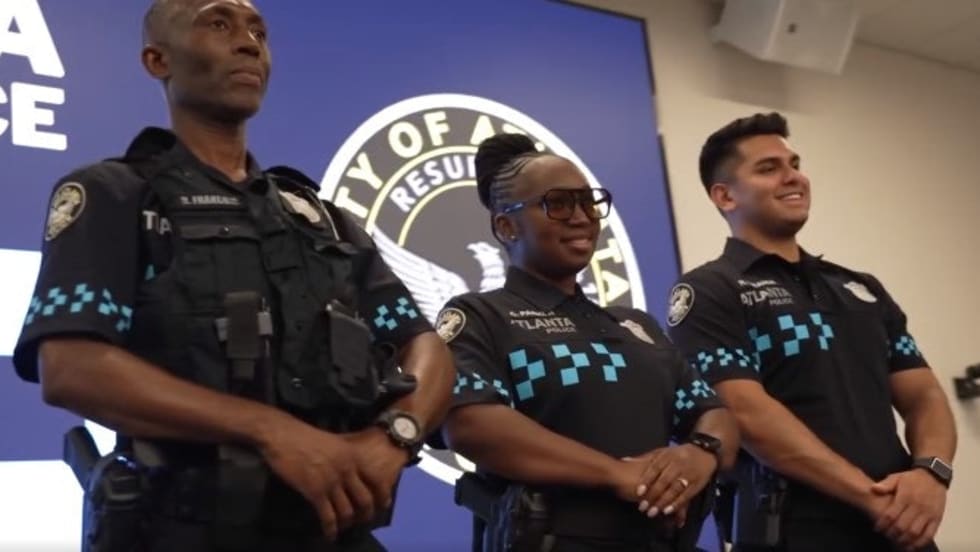The Department of Justice’s Office of Community Oriented Policing Services (COPS Office) has announced the release of a suite of resources on civilian oversight of law enforcement, including: “Civilian Oversight of Law Enforcement: Report on the State of the Field and Effective Oversight Practices”; an executive summary, “The Evolution and Growth of Civilian Oversight: Key Principles for Effectiveness and Sustainability”; and nine case studies. The case studies provide an in-depth look at civilian oversight in Atlanta, Cambridge, MA, Denver, Indianapolis, Los Angeles, Miami, New Orleans, Philadelphia, and Washington, DC.
These reports represent part of the efforts of the National Association for Civilian Oversight of Law Enforcement (NACOLE) to expand on, improve, and assist the work of civilian oversight of law enforcement agencies across the country. They provide guidance for oversight practitioners, law enforcement, community organizations, and local officials to further develop effective civilian oversight.










